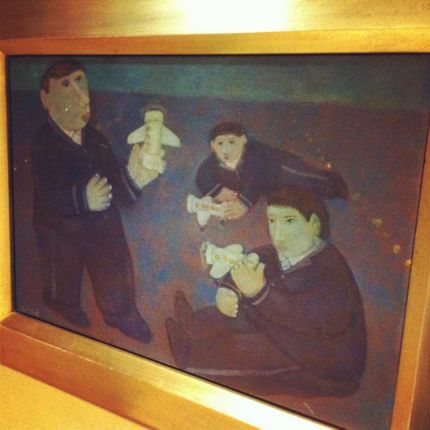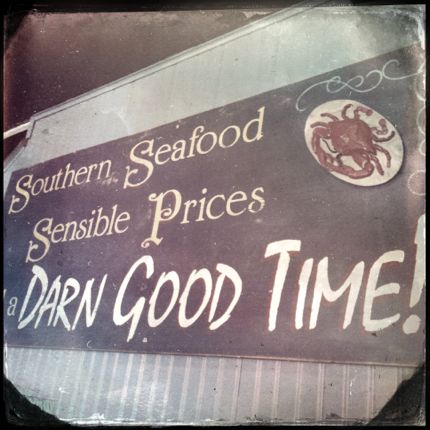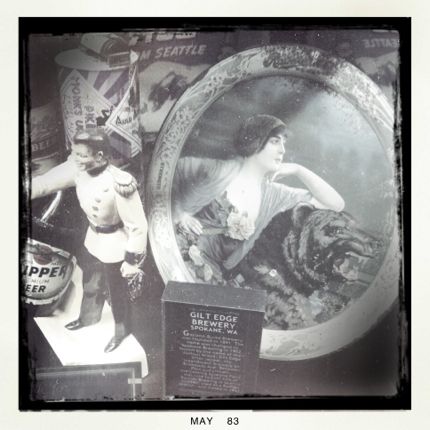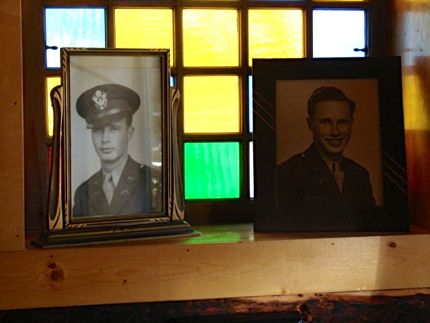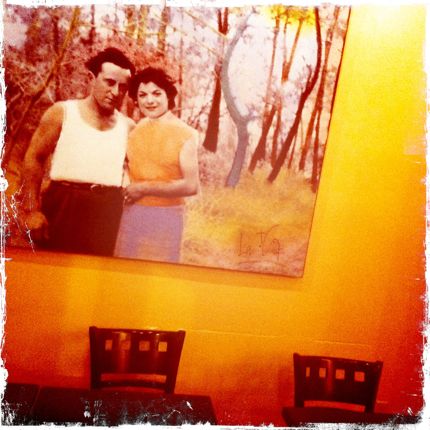The children in my junior-high-school classes were divided into 10 sections: S-T-U-D-Y and L-E-A-R-N.
“S” and “L” were the highest sections. . .reserved for the “smart” kids. . .those with the highest grades and test scores.
I was lucky enough to be an “L” (although “luck” may be a misleading word, since I loved school and was always a dedicated student and hard worker, although very shy and insecure).
In the “S” section was a young man named Brad Sachs who was infinitely smarter, more vocal, and confident than I could ever hope to be.
In high school I continued to watch Brad mature and prosper. He struck up a particularly strong relationship with the school’s resident psychology teacher, Doc Copeland (a fixture on campus and a friend to many of his students).
And so it was no surprise when, in 2001 (30 years later), a mutual high-school friend alerted me that DR. Brad Sachs–a clinical psychologist and founder and director of The Father Center–would appear on the “Today Show” to tout his latest book, “The Good Enough Child: How to Have an Imperfect Family and Be Perfectly Satisfied.”
I tuned in that morning and guess what? The Brad of my high-school memory was all grown up! I was so proud to know the slim, good-looking, knowledgeable man who spoke with such ease during the interview. And I felt a particular kinship since we had both written several books.
I e-mailed him to congratulate him on his impressive television performance, and we chit-chatted electronically about the old ‘hood, our lives, and families.
In March 2010, right after the launch of FMMW, I got back into contact with Brad to update him on my “encore career” and find out his reaction to the new site.
Here’s what Dr. Brad Sachs was kind enough to say to me:
“It’s always nice to hear from you, but it was particularly nice to hear from you in the context of FiveMoreMinutesWith…
“I think this is a lovely and poignant idea, and I was very touched to read your description of how you and Spencer conceived of the project.
“From my personal and clinical perspective, our culture does not provide much support when it comes to learning to speak and listen to the language of grief, and endeavors such as this one remind us that mortality is our most common aspect of humanity, and that finding ways to come to terms with it, and to grow closer to each other as a result, is the best route towards a life of connection and meaning.”
So thanks, Dr. Brad, for this validation. I am glad we are back in each other’s lives.























